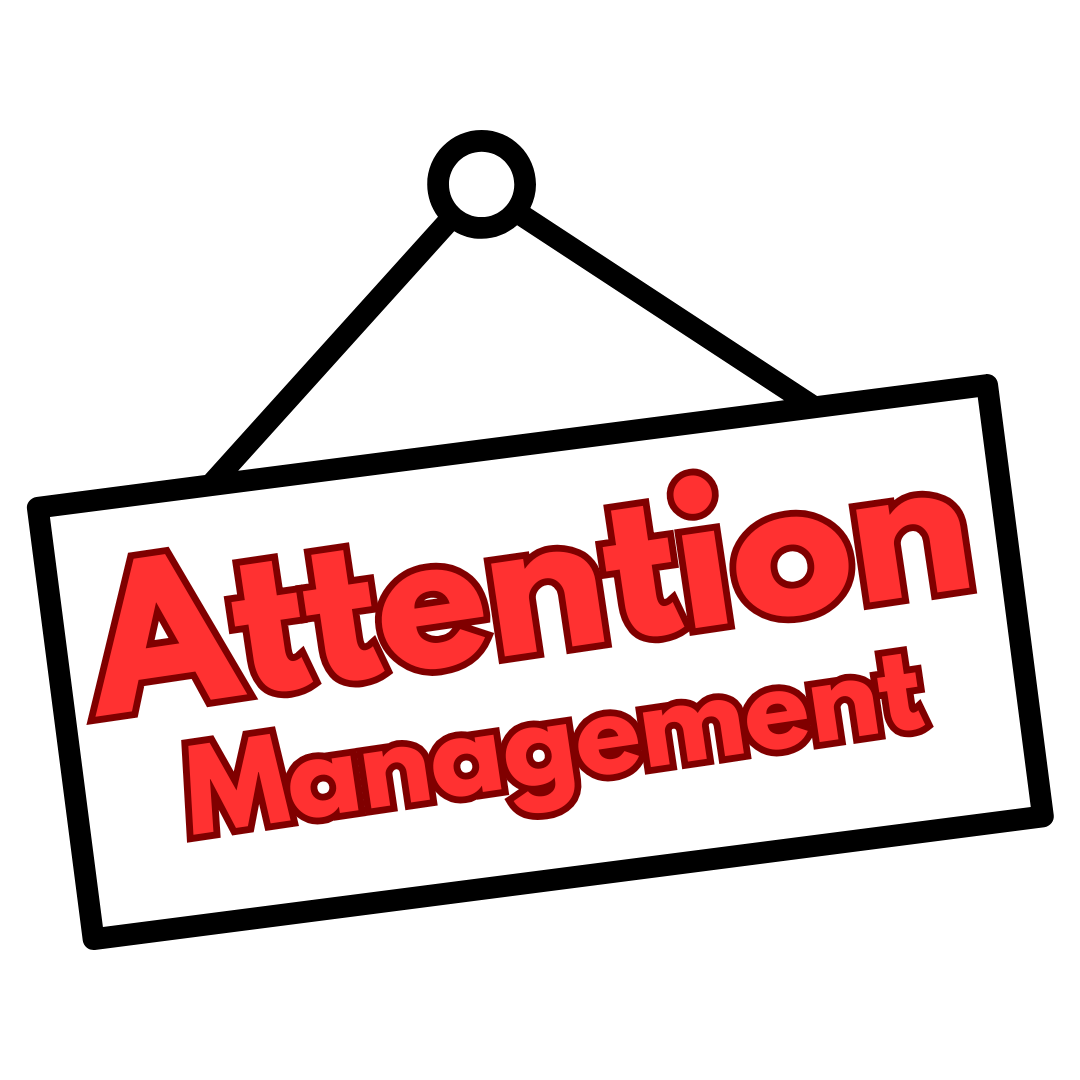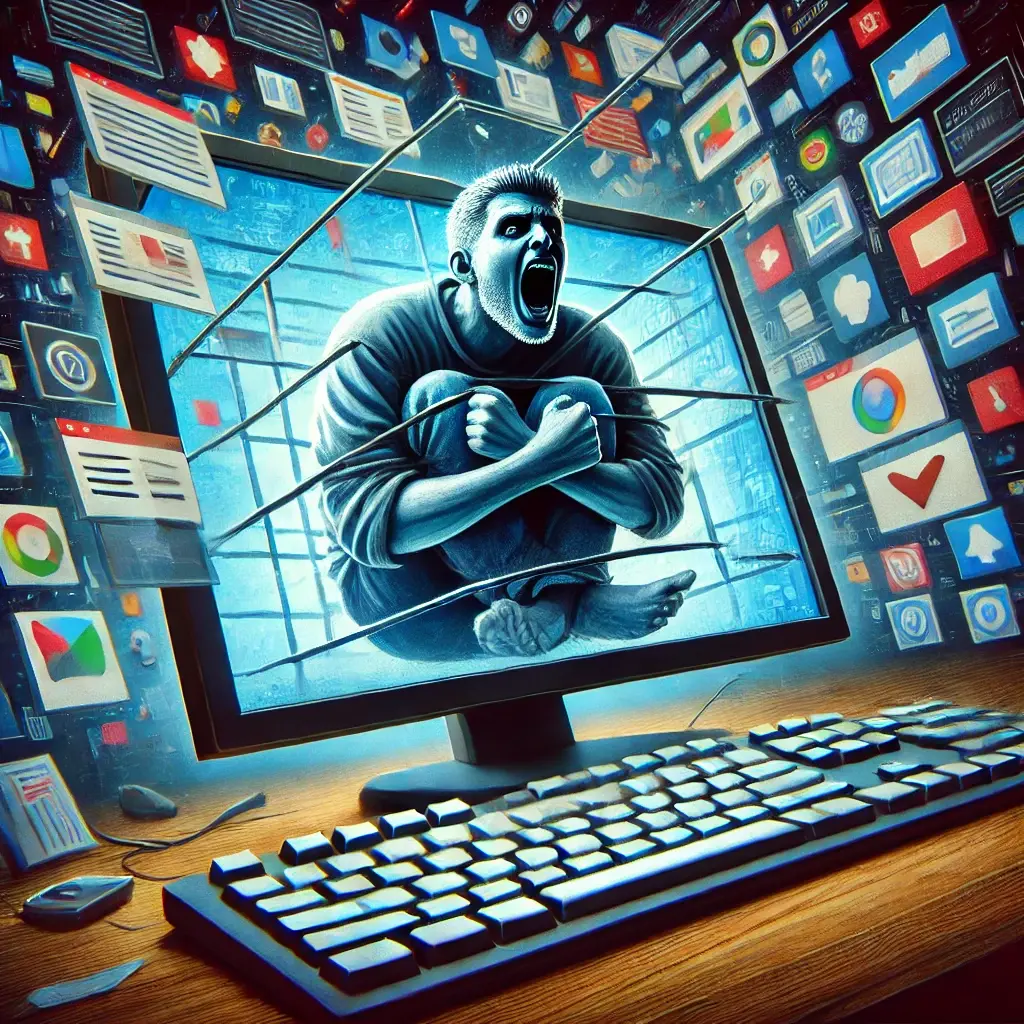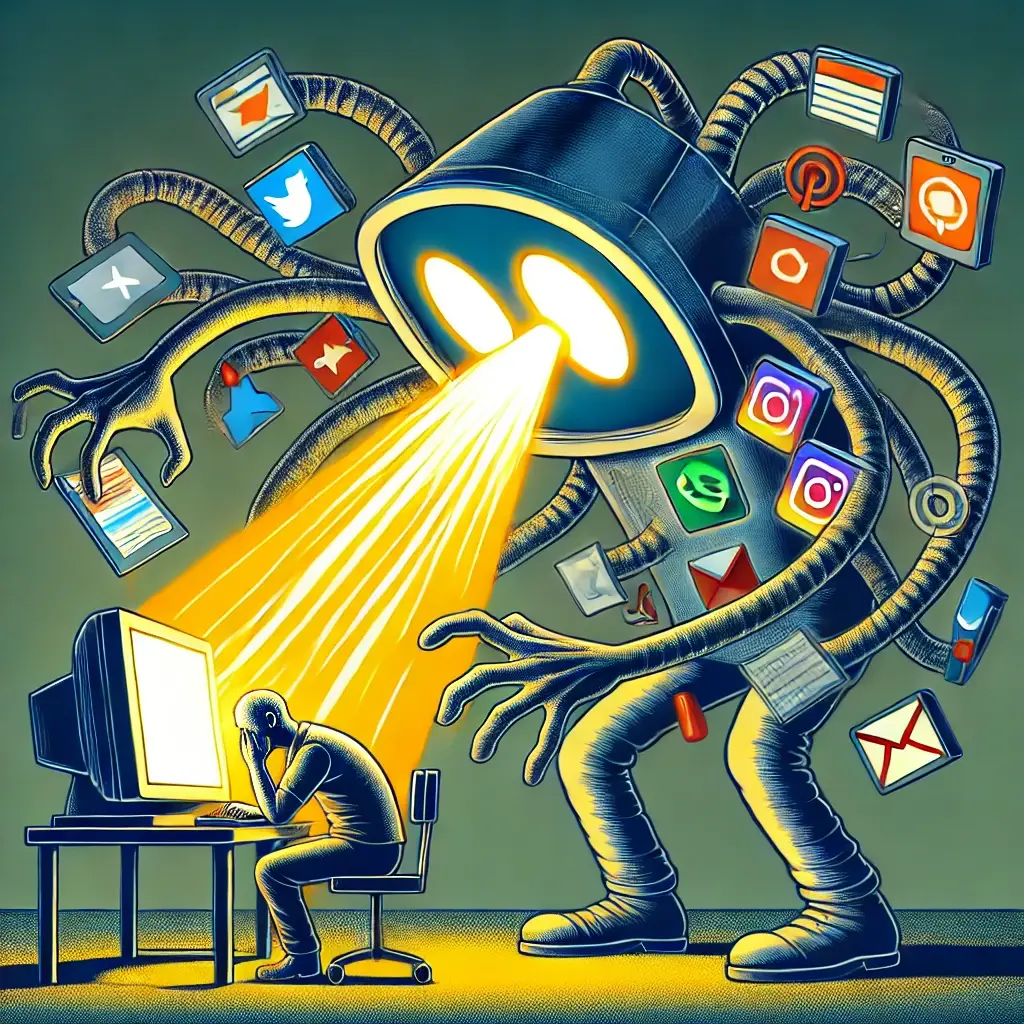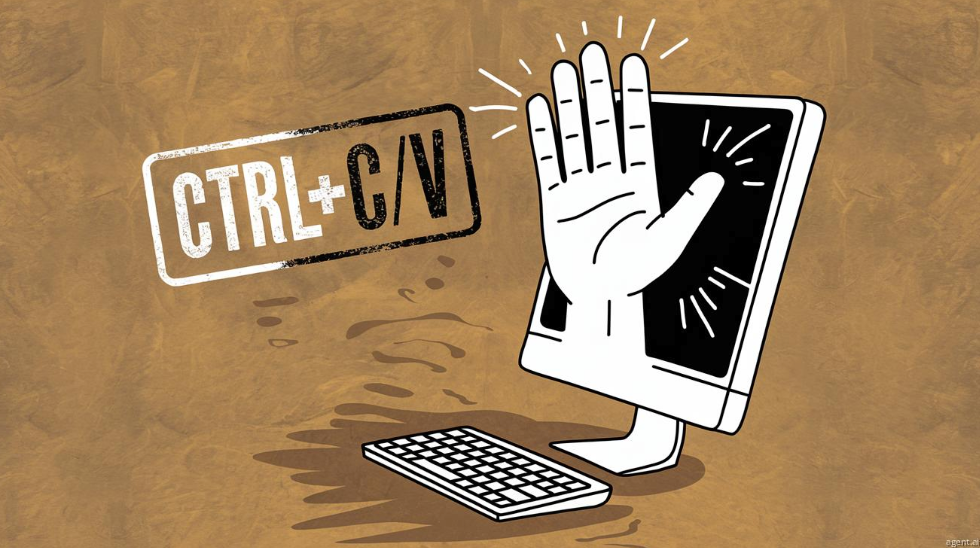In today’s fast-paced digital world, there’s no shortage of advice on how to be productive. From time-blocking your calendar to tracking your hours down to the minute, we’ve been taught that managing our time is the key to getting more done.
But time isn’t the problem.
Time ticks on, indifferent to our schedules. Indifferent to what’s going on in our worlds as we work on our tasks.
The real challenge lies in managing where our attention goes. You might have the perfect calendar, color-coded and optimized, but if your focus is fragmented, hijacked by notifications, distractions, and mental clutter, then productivity becomes a never-ending, uphill battle.
This realization has sparked a shift in how we think about work. Thought leaders like Cal Newport, author of Deep Work, have stressed the importance of sustained focus and avoiding the shallow distractions of modern life. Even Knapp and Zeratsky, in their book Make Time, emphasize the need to design your day around what matters most rather than letting distractions dictate your schedule.
Attention management, not time management, is what determines whether we engage deeply or skim the surface of our tasks. It’s about presence - being fully immersed in the work that matters and not succumbing to the distractions that pull us away. And yet, while the need for attention management is clear, the burden of managing it is entirely on us.
Think about it for a moment.
To stay focused, you have to plan meticulously. You set priorities, block distractions, take mindful breaks, and maybe even download productivity apps to keep you on track. But for all these efforts, the responsibility is yours, and yours alone.
Your computer - the device you rely on to do your work - doesn’t help. At all! It simply reflects the chaos of your mind. Tabs upon tabs, scattered files, endless notifications. It mirrors the clutter rather than guiding you through clarity.
We live in an era where technology can generate lifelike art, analyze patterns, predict behaviors, and even have human-like conversations. And yet, the tools we use for work leave us to manage our own focus.
Why is that?
Why, in 2025, are we still expected to carry this cognitive burden alone?
It makes no sense for us to continue operating in this way. It’s time for a new paradigm. Instead of computers that simply store and display information, we need to imagine a system that actively facilitates focus and flow.
This isn’t about another to-do list or calendar app. We don’t need any more fancy productivity tools.
This is about a computer that understands what you’re working on, notices when you’re veering off track, and gently guides you back to what matters.
We need a system-driven, technology partner.
A system that would hold context across all your tools - your documents, emails, tabs, apps, and messages. It would act as a curious partner, synching its understanding of your work with your mental model. It wouldn’t just organize your tasks - it would align with your focus, creating an environment where distractions are managed, clutter is cleared, documents are constantly updated or organized, and flow is supported.
For too long, the idea of managing attention has been treated as an individual, human responsibility. Tips and tricks can help, but they don’t address the root of the problem - the mismatch between the way we work and the tools we use. We need a revolution in how we work, without changing the way we work. We need computers with system-driven attention management. A collaborative approach where technology doesn’t just passively serve us, but actively works with us.
This is the future of work. A partnership between human cognition and machine intelligence. One that doesn’t mirror our chaos but helps us rise above it. A system that liberates our minds from the noise and gives us the clarity and flow we need to thrive and expand our human capacity.
It’s time to demand more from our technology. The burden of attention management shouldn’t be ours alone to bear alone.
Let’s build a new platform and working environment that finally enables us with tools that can genuinely share the load. Let’s reframe what’s possible.
Join the conversation. Be a part of the movement to rethink how we work and create systems that support us. Sign up to join our waitlist and be among the first to experience how Reframe can transform how you work with your computer.




